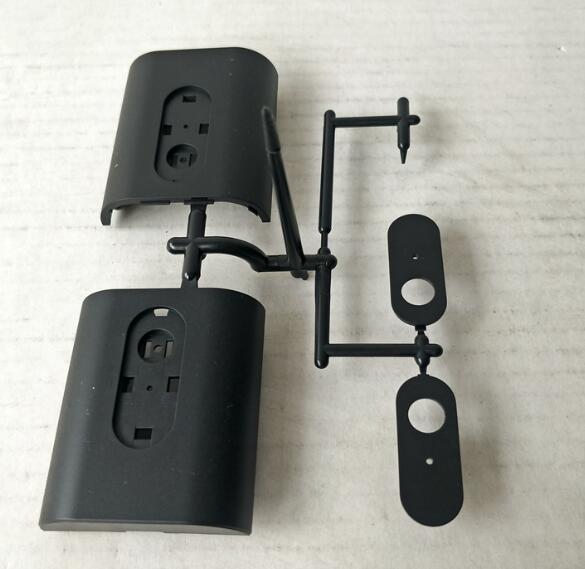

TKB Mold is short of ThinkBus Kalung (Dongguan) Manufacturing Co., Ltd, focus on top quality plastic injection mold manufacturing and injection molding for industries of medical, automotive, aerospace, electronics, home appliances and consumer products, and locate in Qishi town, Dongguan City, Guangdong, China, which is the largest mold production base in China and with convenient transportation access to worldwide customers.
With the more than 15 years experiences in mold industry, TKB will provide you one stop tool and molding solution start from mold design, material selection, prototyping, mold manufacturing, injection molding, related parts sourcing, assembly and packing.
Our capacities backed by a professional and responsive team, advanced technology and full line of equipment, strict quality control system and excellent customer service system. Welcome to contact us now!
Injection molded consumer electronic components can be complex or they can be simple. Complex plastic electronic components can be economical to mold because they can combine many parts into one piece. This saves the cost of manufacturing and joining several individual parts. However, there is a risk of dislocation and loosening of the part when the part is being molded. Vibration can cause dislocation and loosening. Sand castings have the advantage of being able to combine multiple parts into a single part for parts that weigh several tons (such as locomotive frames). Molded Electronic Components
The more complicated the part, the more ingenuity and control are needed. The simpler the electronic component, the lower the plastic mold and patterning equipment cost, and therefore the lower the electronic component cost. In more complex molded electronic components, it may be more difficult to control changes in size and strength; therefore, more skilled molders may be required.
Producing Components: Plastic injection molding is used to produce a variety of components for electronics, including housings / enclosures, connectors, buttons, frames, covers, brackets, and other structural or functional parts.
Choice of material: The specific requirements of the electronic component, such as durability, heat resistance, electrical insulation, and compatibility with other components, determine the choice of plastic material. Common materials include ABS, PC, PVC, PBT, PA and others.
Design the mold: A custom mold is designed to meet the desired shape and specifications of the electronic component to be produced. The mold typically has multiple cavities for simultaneous production of multiple components and optimization of production efficiency.
The injection molding process: The plastic injection molding machine melts the selected plastic material and injects it under high pressure into the cavity of the mold. The molten plastic then solidifies and takes the shape of the mold. After cooling, the mold opens. The finished part is ejected.
Precision and controlled quality: In the production of electronic components, plastic injection molding ensures high precision and consistency. Stringent quality control measures are used to monitor factors such as dimensions, surface finish and functionality. This ensures that the components meet the required standards.
Customization and flexibility: Plastic injection molding allows for flexibility in design and customization to meet specific electronic product requirements. This includes incorporating features such as intricate shapes, connectors, threads, logos and textures.
Cost-Effectiveness: Plastic injection molding for electronics offers cost advantages for high-volume production due to its high production efficiency and repeatability. The ability to produce large quantities of components in a short period of time makes it economically viable for electronics manufacturers.